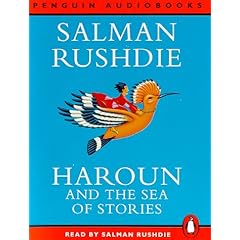
Anyone between the age of say 2 and 98 will know the story of Mowgli, Bagheera, Baloo and Shere Khan. But did you realize that the movie was filmed in 1967? I did not even realize that colour existed in the 1960s (come to think of it, I guess it was the summer of love). The book by Kipling is actually a collection of horror stories, meant to scare children into eating their vitamins. No, just kidding. But maybe I should post that to Wikipedia? It should take 8 hours to discover that Carl Lewis was not in fact the first black man in the Olympics (for the record, he was actually the 2nd one). But I stray off the point. The Jungle Book, as written by Kipling, is actually a colleciton of children's stories, only one of which centers on the movie of the same name. As you will remember, Mowgli is raised by a pack, taught the laws of the jungle by a panther and bear, and then slays an evil tiger by the end. Kind of like Trainspotting, but without Ewan McGragor. Well, in the book, there are also stories involving further personification of cute cudly yet in reality ferocious animals, namely stories on a mongoos, white seal and an elephant. Finally, if I remember my pre-pubescent years correctly, the Jungle Book was also the inspiration behind many of the Boy Scouts of America movement - especially the one where young children are sent out into the woods to try and sleep with a "mother cub". This really sets a boy up to suceed at Cougar bars - I'm pretty sure, in the end, that was the moral behind the Jungle Book.
Indeed, indeed, I might have remembered that the children of kings are men from the beginning.



